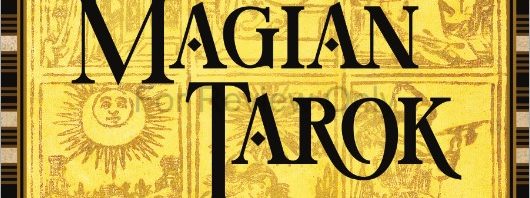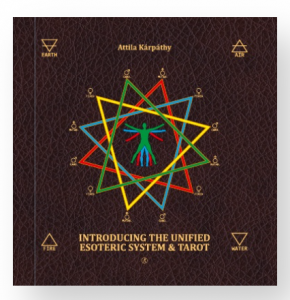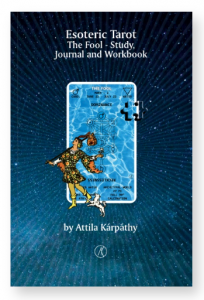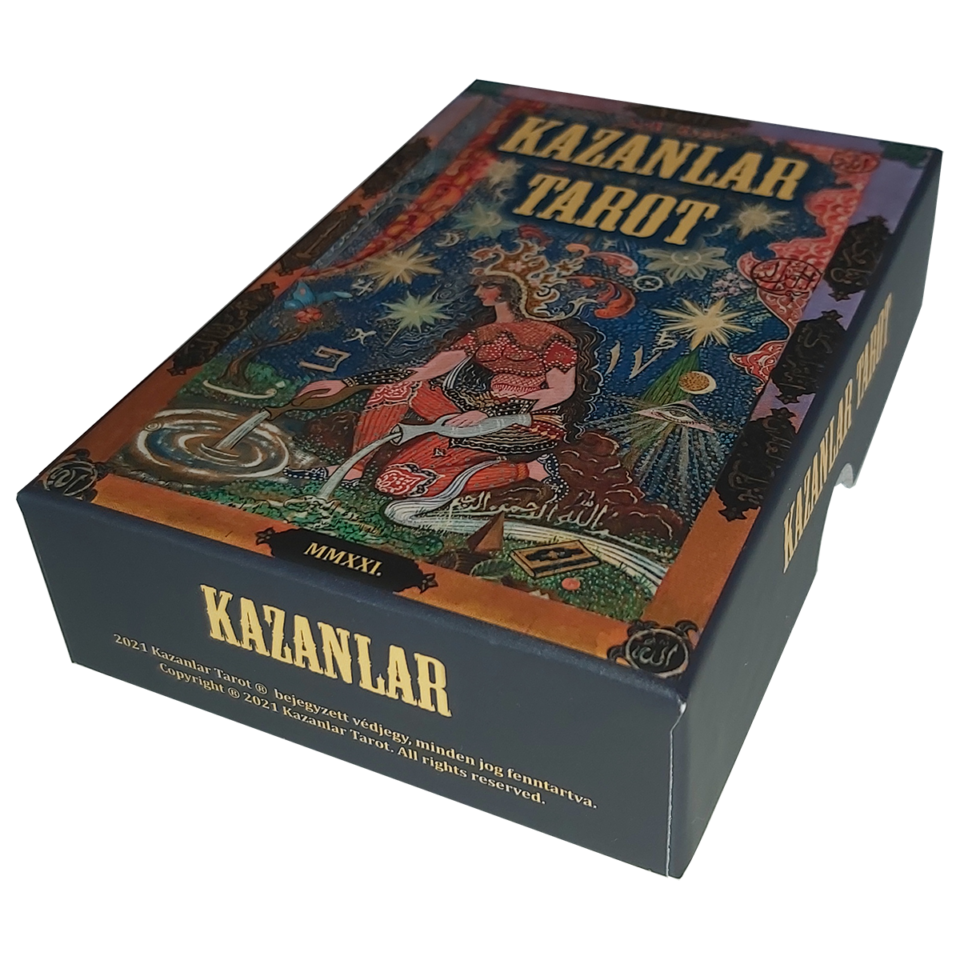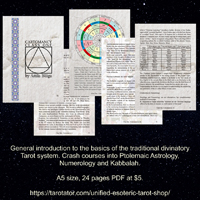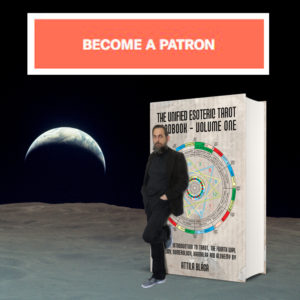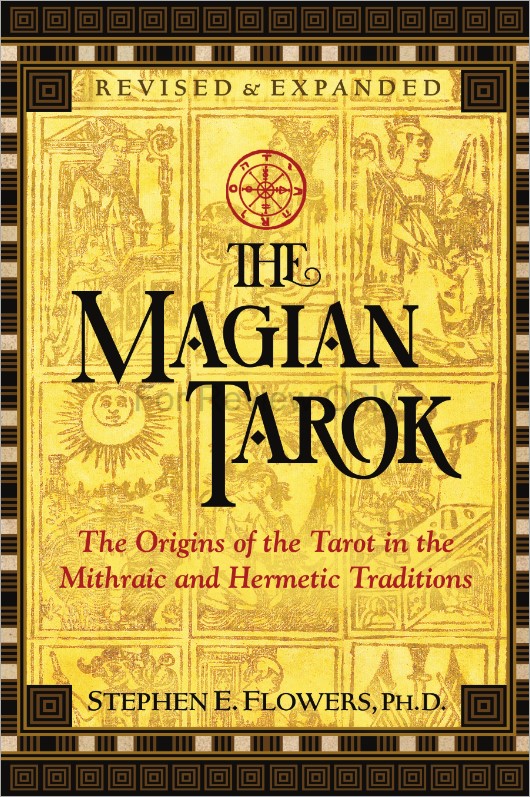
I bought this book a while ago, and although I still didn’t found time to read it throughout, this introductory chapter is fascinating.
I share a small fragment here in hope to open your appetite to buy and read the entire work.
“Many philosophers and historians of culture have come to the conclusion that the Western world is entering upon a new epoch of history. The changes that are sweeping the Westernized cultures are similar to those which swept across it with the coming of Christianity and the onset of the Middle Ages (in the early part of the first millennium CE), or the triumph of Scientism following the Renaissance (around 1500 CE). This later development led to what we call the Modern world today.
More recent changes, mainly in the late twentieth century, have laid the groundwork for another epochal change, another “paradigm shift.” Worlds come to an end, and worlds are generated, constantly. “Bubba theologians” who watch the skies for signs of the coming apocalypse are wasting their time grasping at shadows. The apocalypse is actually an ongoing phenomenon. In fact, we are in the midst of a major apocalyptic c event at every present moment in history.
Changes that occurred in the Western world over the last half of the twentieth-century point to an epochal shift. One of the current names for this shift is “postmodernism.” Postmodernism is characterized by freedom from the oppressive modern myth of progress—the idea that as time goes on, by applying ever-increasing amounts of rationality and scientific methodology, the problems of the world will universally evaporate in the light of pure reason. Postmodernists realize, as did the ancients, that such progress is only possible for individuals — through initiation.
To the modernist, if something is not new, not the latest thing, then it is “retrograde” or “reactionary,” and hence inferior and perhaps “unacceptable.” True Postmodernists are free of these constraints of modern progressiveness. Postmodernists freely synthesize elements from every phase of human history. For this reason, bodies of lore, such as that represented by the Tarot, gain a new relevance and potential for the development of the individual.
Postmodernism is a general school of cultural thought that has been growing in Western European societies since the end of the Second World War. No premise of postmodernism is more important than the abandonment of the “myth of progress” based on the cooperative, monolithic application of scientific rationalism. The events of the twentieth century demonstrated that, despite a quantum leap in science and technology, the human species, if it had changed at all, had only become worse. Quantum leaps in rationality, education, and practical applications of science had not equalled even a moderate amount of true human progress in any spiritual sense. Modernism had proven itself, at least to some, to be a failed experiment.
Unfortunately, the whole idea of postmodernism has generally been “hijacked” by Marxists and crypto-Marxists, especially in the American academy. Marxism itself is a quintessential school of Modernism, but as it lost its worldwide position of prestige in the wake of the general failure of Marxist states at the dawn of the 1990s, its theories were “retooled” and weaponized as the doctrines of “Po-Mo,” as some like to call it. This movement has become established in the American academy from the highest levels down to the kindergarten. This version of postmodernism should not confuse the reader. Ignore it, if you can.(…)
Systems such as the Tarot are mythic maps of the world and of consciousness. They represent a means for “inter-reality communication,” and give insight into the encoding system within the sender of the mysterious communications. This amounts to being able to know the mind of a god.”
Stephen E. Flowers, Ph.D, The Magian Tarok, the Origins of the Tarot in the Mithraic and Hermetic Traditions.
Get your copy at Amazon

